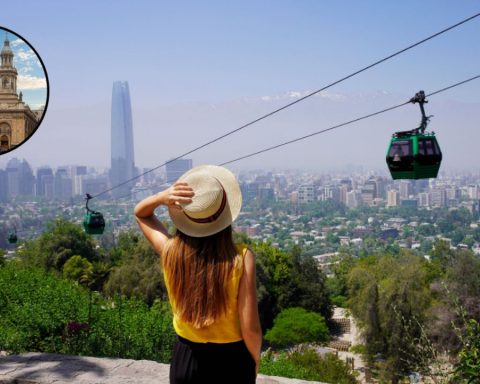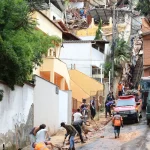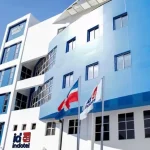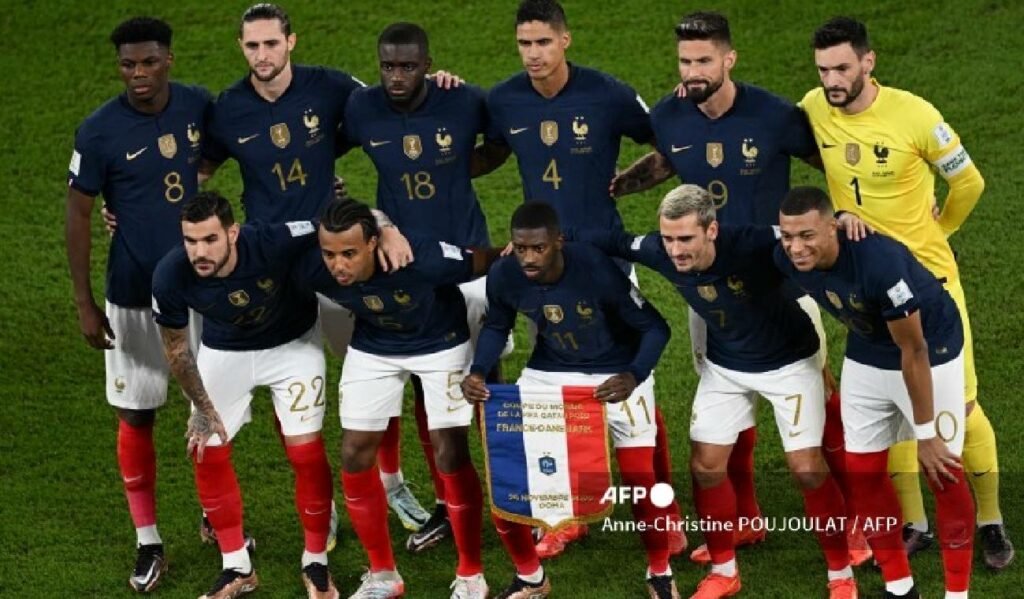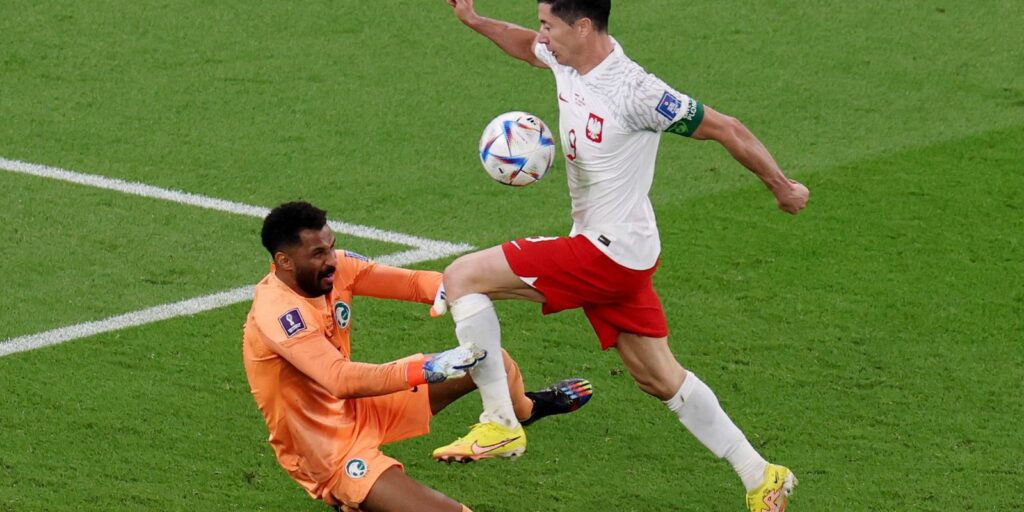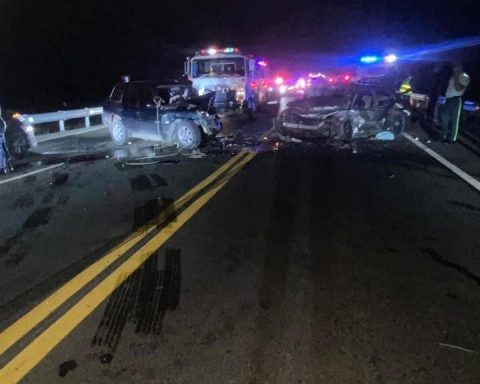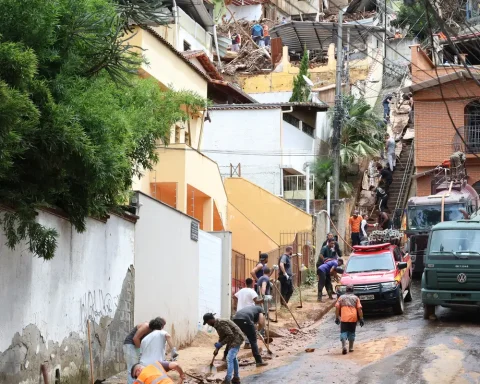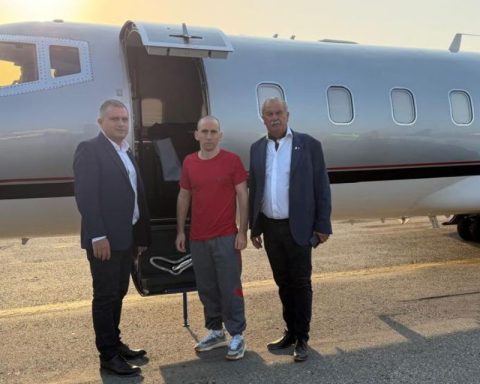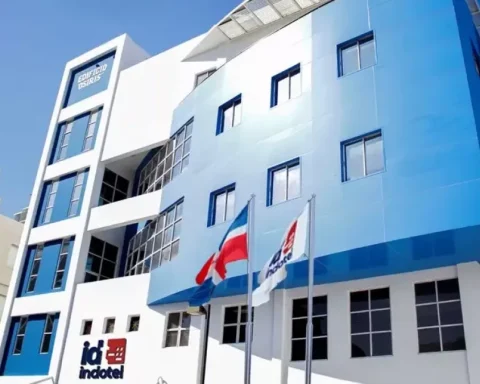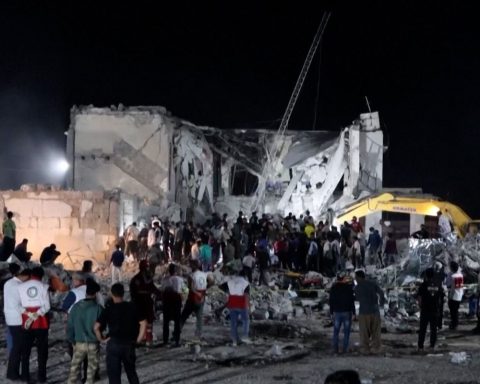The ruling party faces a crucial moment next week. And it is that, in addition to the efforts to promote the necessary agreements in the National Congress to speed up the legislative process of the emblematic tax reform projects and the pension system, the Government of President Gabriel Boric is currently planning strategies to guarantee the feasibility of the agreement to continue the constituent process, in addition to obtaining the necessary votes for his candidate, José Morales, to become the next National Prosecutor, with the approval of the Senate.
In this context, one of the voices within Democratic Socialism, the president of the PPD, Natalia Piergentili, did not rule out the possibility of discussing the proposal of Chile Vamos in relation to a mixed Convention, admitting that the official parties are willing to compromise to advance in the negotiation, despite the fact that its original position was that of a 100% elected body. This is a discussion that has aroused criticism and clashes between communities of both government coalitions, becoming a new obstacle to a process that has extended far beyond initial forecasts, causing frustration in some sectors. In this regard, a few weeks ago, the president of the Social Green Regionalist Federation (FRVS), Flavia Torrealba, even went so far as to state that “the constituent moment is over.”
In this sense, the next election of the National Prosecutor in the Senate will be another of the spaces where the ruling party will submit its networks of power and influence to scrutiny, reliving the fracture and internal division of a government alliance where, although they seek to square Behind President Boric’s decisions, José Morales’ letter continues to cause noise in a sector of Approve Dignity, especially due to his closeness to Piñerismo, his ties to the right, and his fame as an assistant prosecutor that earned him the nickname of “gravedigger”.
Thus, with the two pro-government souls wandering in the middle of a chaotic and fragmented political scenario, the PPD helmsman talks about the crucial negotiations in relation to the National Prosecutor’s Office and the continuity of the constituent process, both processes that could conclude during the course of the next weeks. Negotiating with the different benches of the National Congress, the pro-government alliance deploys its tactics to avoid a new failure.
-In the midst of a tense environment, the next week will be a crucial week for the Government, with the election of the National Prosecutor in the Senate. What is your opinion about José Morales, the letter from President Boric? What does your party say about Morales’ ties to Piñerismo and the right?
-Hopefully we will change the mechanism for electing the National Prosecutor, because nothing they tell me worries me, because the prosecutors may have certain affinities, I imagine they are not politically neutral, but what is important here is what is their project to be the National Prosecutor, and I understand that José Morales’ score for the quina that the Supreme Court gave has a lot to do with that, so I would put at the center of the discussion how the person that the Government has proposed is going to be able to carry out his program in the Prosecutor’s Office, and how he is planning everything that has to do with organized crime and expediting cases, rather than thinking about whether he has more friends on one side or the other.
-How do you think the coexistence of the two pro-government souls can be favored, with a candidacy that generates division and reluctance in some sectors of Approve Dignity? How to propagate the unity of the government parties when La Moneda’s own decisions cause division?
-I think that the separation of powers must be revealed, that it is necessary to demand to have a Prosecutor’s Office that hopefully will be the most neutral in ideological terms, and that allows to give tranquility and guarantees to the citizenry, for that reason I would put the accent of the discussion on that space. Furthermore, I am confident that these definitions, which are the exclusive prerogative of the President, will continue to be so, and we must respect the President’s definition, which I think is crucial. For that, I believe that what we proposed in the conclave regarding being a government alliance must be fleshed out, where when irreconcilable disagreements appear, it is the President who has the last word. And in this case, it is the President who proposed a name for the National Prosecutor, so I hope that all the parties of the ruling party are up to the requirement of the President.
– Now, in relation to the discussion for the continuity of the constituent process, is it feasible for Democratic Socialism to support the proposal for a mixed Convention of Chile Vamos? Is it possible to compromise the initial spirit of propagating a 100% elected body, for the good of the process?
-The first thing is that I believe that we have not taken a long time, but I think that this delay has borne fruit, so that we have the institutional bases and we have the body that is going to sanction compliance with these bases. Now, on the subject of the mixed mechanism, we a priori We do not close ourselves, what I do believe is that the proposals are not launched by the press nor is their feasibility analyzed in the news portals. The proposals are made at the negotiating table, and Chile Vamos has not formally raised it and, therefore, I hope that in the next meeting we have we can reach an agreement that hopefully will settle in a 100% elected body or in a mixed body, but after a conversation, negotiations and raising arguments. But this fact that a deputy or a senator is referred to by the press as to whether or not the mechanism under discussion is viable, I think these are things that make the process more complex.
– Do you agree with the alternative promoted by some sectors of Approve Dignity of organizing a marathon conclave to reach an agreement on constituent matters with the right?
-Conclave, I don’t know. But I think that we should work next week days in a row for the necessary spaces to consult on complex issues. But this lock yourself until you don’t come out, it seems to me that it is a bit too public a showcase. I choose to meet and discuss the issues, but I hope to take up the gauntlet of that approach in substance, not in the form of a conclave, but it does have to be a high-priority issue and hopefully we will have very frequent meetings next week.
-Don’t you think that supporting the idea of a Mixed Convention implies betraying the principles agreed by the ruling party with the citizens upon their arrival at La Moneda? How to promote a common position between two government coalitions in an evident state of tension?
-Many of the arguments that are being raised now about it being a mixed Convention, or in its minute 100% designated, has to do with the fears and apprehensions that the previous Convention had produced. But I think that analyzing the mechanism from an isolated perspective is a mistake, because the first thing that was worked on was the institutional bases, where separation of powers, social and democratic rule of law, mixed provision of services, parity, decentralization are established. All this, so that the striping of the field where a Convention has to play is much more limited, on the one hand, and the edges are built from those points by which the citizenry revealed having a new Constitution, as a major role of the state, for example.
-How do you think that the public can be guaranteed that the future Convention will not make the same mistakes as the previous body? Is it possible to change the rules of the game, with the same interpreters?
-I think it is a huge mistake to believe that we are going to have a Convention the same as the one we had in the past just because it is going to be elected. For that we have the institutional bases, we have the arbitrator body, and because we are also thinking about party lists where the independents can go, but where hopefully we will vote for proposals more than for figures, so there are a number of other aspects through which has ensured that we have an elected and legitimate Convention, but that it also plays in the field of what matters to Chileans when it comes to thinking about a new Constitution.
-What do you think of the agreement between Chile Vamos and PDG deputies to censor pro-government parliamentarians in thirteen House committees? What is your opinion regarding the atmosphere of hostility present today in the National Congress?
-I think that, beyond the fact that the parliamentarians who are being censored are officialism parliamentarians, what I think is that the Chamber of Deputies is putting on a sad show, because while citizenship issues are focused on other emergencies and while we have to struggle to have credible and legitimate institutions, the Chamber indulges itself, and while it is legitimate that opposition deputies want to lead some commissions, I think there are other ways. in the context of democratic dialogue, to put forward these proposals. In this regard, I believe that this comes to crown a Chamber where there are so few incentives for collaboration and silent and serious work, that everyone here wants to stand out for the most diverse reasons, and the truth is that, for a minute of press They are willing to do things that, in my opinion, are far from what legislative work should be, and I am very sorry.
– How complex do you think it will be for the Government to summon the necessary wills to carry out its emblematic reforms? Could the Executive bear a new failure in the National Congress, regarding reforms such as the tax and pension system?
-In the case of the reforms, I think there is an absolute will to move forward, where both coalitions are very convinced of how valuable the pension reform is, and, therefore, the idea is also to work on strategies that allow us to have the votes of the right to approve it, because in that reform in particular there is an ethical imperative. It would be unforgivable if in the short term the most vulnerable and middle-class older adults, who have seen their condition diminished at the time of retirement, do not have an increase in their pensions. That would be inexcusable, so the imperative is to work and come to an agreement in order to advance quickly in approving this reform.
-Finally, what is your analysis of President Boric’s recent tour to Mexico? Did it meet official expectations? Do you think that international relations are one of the positive aspects of his management?
-I think that the deployment of President Boric in the international arena is very interesting, I think that he is making an effort to be an actor in Latin American integration, which seems good to me, and I also believe that the proposals that the President makes regarding the exchange trade, among other issues, are in line with a state perspective on international relations, which I feel has been gradually installed.

